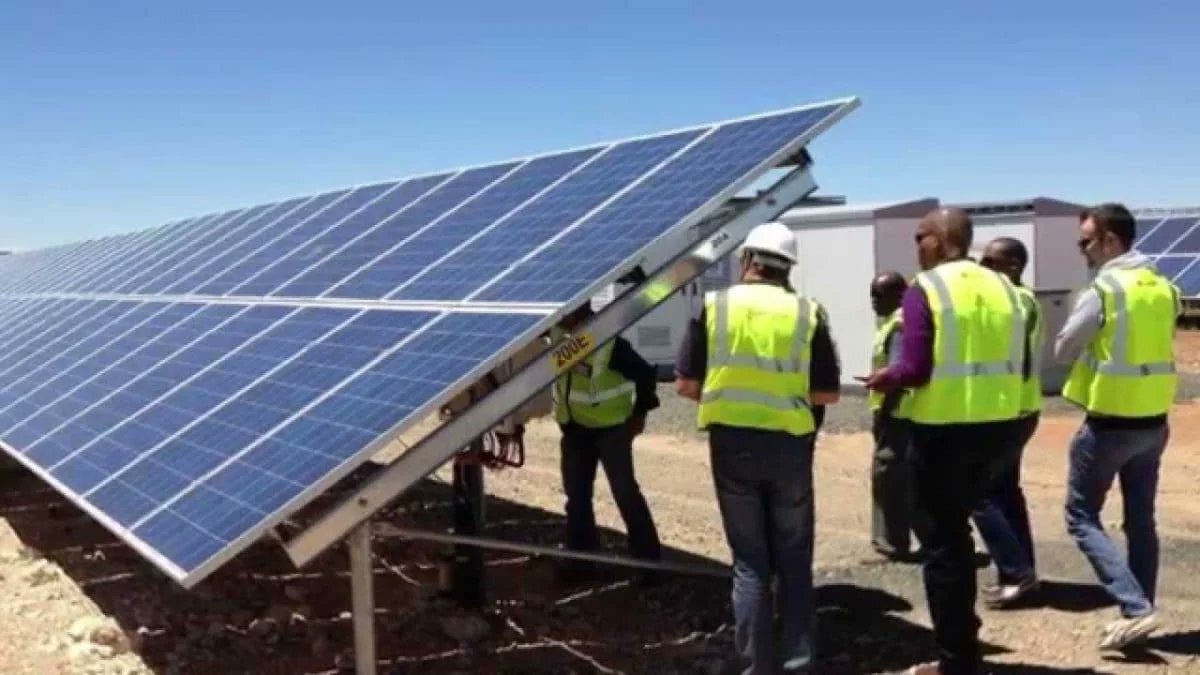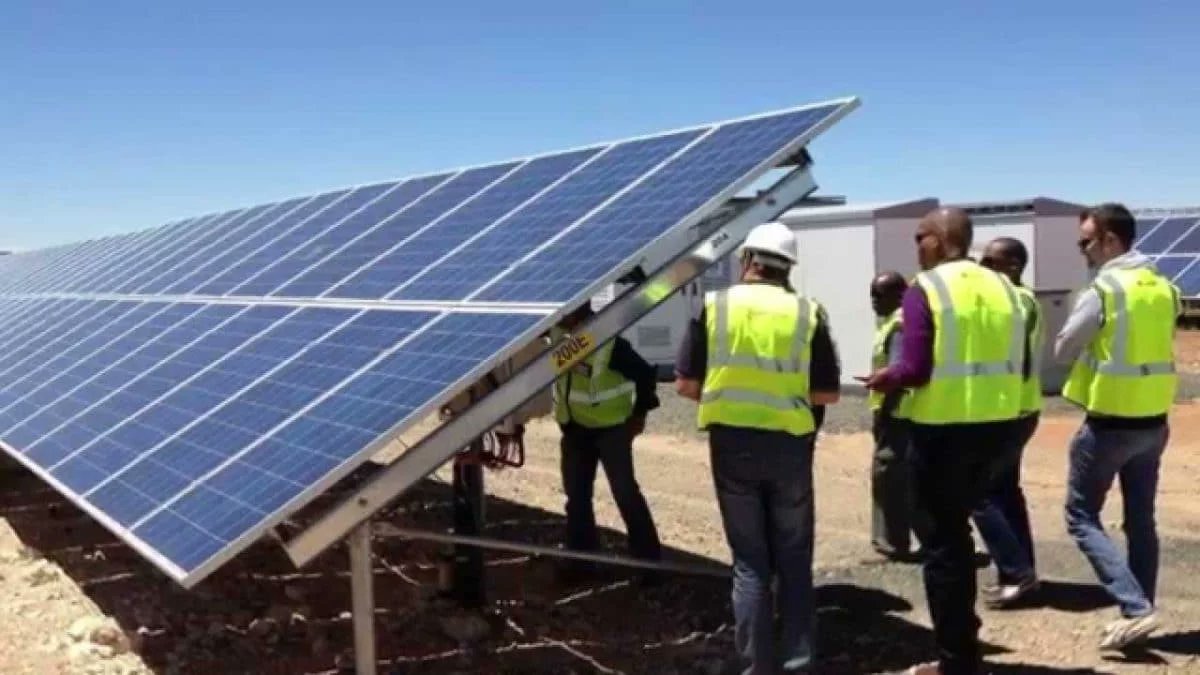CPPE Warns Against Proposed Ban On Solar Panel Imports.
The Centre for the Promotion of Private Enterprise (CPPE) has strongly advised the Nigerian government against implementing a proposed ban on solar panel imports, warning that such a move could worsen the country’s energy crisis.
Dr Muda Yusuf, the Chief Executive Officer of CPPE, made this known in a statement on Tuesday in response to the Minister of Science and Technology, Uche Nnaji, who suggested restricting solar panel imports to encourage domestic production.
Impact on energy access
CPPE, an economic think tank, argued that the proposed ban would slow down the growth and adoption of solar energy solutions in Nigeria. It highlighted that the country already has one of the lowest levels of electricity access, with a per capita electricity consumption of about 160 kWh, significantly below the sub-Saharan African average of 350 kWh.

“The adoption of solar energy solutions is one of the most impactful government initiatives to tackle this problem, and it has gained remarkable traction,” CPPE stated.
The organisation warned that banning solar panel imports would contradict the government’s own policies to promote renewable energy adoption among households, small businesses, rural communities, and corporate organisations.
Rising costs and economic concerns
CPPE further cautioned that such a ban would drive up the cost of solar energy solutions, making them unaffordable for many Nigerians.
“The welfare cost of a ban on the importation of solar panels would be incredibly high due to the escalation in acquisition costs. The current cost of solar solutions is already exorbitant, and what is needed now is a strategy to drive affordability rather than further increase costs,” the statement read.
Call for a phased transition
While CPPE acknowledged the importance of boosting local production for self-reliance and foreign exchange conservation, it stressed that the transition must be gradual and well-planned.
“The CPPE shares the Minister’s vision of domestic production of solar panels, which is good for self-reliance and conservation of foreign exchange. But the transition process should be painstaking, diligent, and gradual. A hasty ban on imports would be highly disruptive and counterproductive,” CPPE stated.
The organisation urged the government to ensure that local capacity is sufficient to meet demand before considering any restrictive policies on solar panel imports.



